The views expressed in our content reflect individual perspectives and do not represent the authoritative views of the Baha'i Faith.
Many American Indians—from North, Central and South America—have recognized the revelation of Baha’u’llah and become Baha’is.
Two of those Native believers—Jacqueline Left Hand Bull, a member of the Sicangu Lakota of the Rosebud Sioux Tribe; and Patricia Locke, of the Standing Rock Sioux, Hunkpapa band of the Lakota, spoke together about their indigenous spiritual traditions and their relationship to the Baha’i teachings in 1989. That fascinating interview, which deals directly with the prophecies of the Lakota, shed new light on this question: Why have so many indigenous people become Baha’is?
Patricia Locke: First, I’m curious about how you feel about being a Lakota woman in today’s world.
Jacqueline Left Hand Bull: I’m used to strong women, in a womanly sense. The strongest women I know were my grandmothers and mother. So when the feminist movement in the seventies seemed to deny womanhood in favor of a female-malehood, I really didn’t get it. My body is obviously made for bearing children, and my instincts are to nurture those children. For a while that was put down, like a curse we had to overcome. But my brain is as good as my brother’s and just about that time (the 70’s), I started to teach Indian children’s culture classes, and as I drew on my own cultural background I found myself repeatedly seeing male and female balance in all things, in all the teachings of the Earth, so I went with it, and through teaching it came to a deepened understanding of the beauty and wisdom of male and female. Then I also learned that one of the major teachings of Baha’u’llah is equality, but not identical sameness, of the sexes. It made sense to me.
… as long as complete equality does not exist between male and female, the world of humanity will not make extraordinary progress. The woman is an important column, and there is another equally important. If we aim to have a durable building, the foundations of both columns must be laid very deep. … the culture and refinement of the men are intensified and will bloom and attain to perfect fruition when the women are equally educated and given the same educational facilities. Consequently the women must enjoy all the learning they are able to assimilate, in order that they may reach to the same level as men. The same privileges and opportunities must be conferred upon women; so that just as they share together life and its responsibilities, they may also share with him the same virtues of the world of humanity. Undoubtedly partnership in education and culture presupposes equality in rights. The world of humanity has two wings, one wing male, the other wing female.
Both wings must become strong, so that mankind may soar to the empyrean realms of its destined perfection. – Abdu’l-Baha, Star of the West, Volume 3, pp. 206-207.
Jacqueline Left Hand Bull: I am a feminist, but I believe that equality, especially in the spiritual realm, already exists. In the physical world it can be demanded, but unless it is also earned, or won, it leads to nothing in the end. Because Lakota women, who have protected our culture over the generations, have earned it, the traditional people do respect women as spiritual and social equals. So to use one’s body AND one’s mind for the good of the people is how one wins the recognition and appreciation of equality. All life is a balanced partnership. It’s Lakota. It is also one of the teachings of Baha’u’llah that a necessary step in the attainment of world peace is the recognition of the equality of women and men and the full participation of women in the affairs of the world. The womanly perspective of the mothers is needed at all levels. To me, that’s not a foreign, or non-Indian concept. But DOING it, will take effort, especially in the non-Indian world.
Locke: How many Indians do you estimate are Baha’is in the Americas?
Left Hand Bull: There are probably over 200,000 Indian Baha’is in the Americas. Most, the vast majority are in South America, where there are very large populations of Indians, many who don’t even speak Spanish. But Central America also has quite a few thousand especially among the Mayan Indians.
Locke: Why do you think so many indigenous people have become Baha’i?
Left Hand Bull: I think indigenous people are initially attracted to the Baha’i Faith for two or three reasons. For some, it is the fact that the teachings of the Faith emphasize the importance of preserving Native cultures. We know that we, and all Indians, have been under tremendous pressure to assimilate into non-Indian ways, so it is a confirmation for many to learn that a messenger of God brought this particular teaching over a hundred years ago.
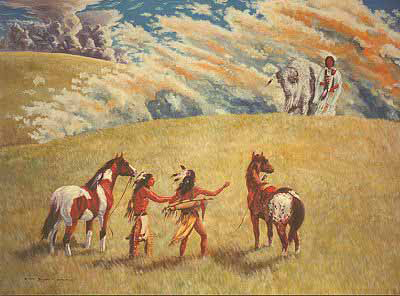
The White Buffalo Calf Woman
For others it is the genuine, “no strings attached” love Baha’is have for one another and for all people. It’s unconditional love. Because of the abusive or exploitative “love” that so many indigenous peoples of the Americas have experienced for generations, a genuine appreciative love is like a glimpse of what life is supposed to be, respectful. For others it is various specific teachings of the Faith that attract—like the equality of all people, or the teaching that there is only one God, that His messengers—Christ, Moses, the White Buffalo Calf Woman—brought specific teachings for a time and place. But, these are only what initially attracts Indians to the Faith. Later it is the spiritual recognition of the Creator, manifested in Baha’u’llah, for this long-promised age that is now dawning.
Locke: Some people seem to have the impression that an Indian has to surrender his or her identity as an Indian in order to become a Baha’i—what is your reaction to this idea?
Left Hand Bull: Well, it is understandable that Indians would think that, they’d have to give up something. We only have to look at our parents or grandparents lives to see what accepting a “new” religion can do. We lost so much.
To be a Baha’i is a purely voluntary decision. We know that some imposed religions actually banned native language and culture, dances, music, etc. To see some of the music and dance festivals put on by Indian Baha’is and to listen to conferences held in languages that were nearly extinct, is inspiring. If you believe that the arts are an expression of the spirit, it is even more significant.
I really admire those whose instinct it is to protect the people’s right to be who we are—to be Indian. So it is those who look more closely, with keener observation, who see that rather than doing away with Indian ways, the Baha’i teachings actually protect them.
I know a number of Indian Baha’is who still pray and maybe more joyfully and humbly than before, in the traditional ways, with the Pipe, in the sweat lodge, even in the Sun Dance. Did you know that Baha’is are strongly encouraged to arise and pray at dawn? I remember watching my grandpa doing that and watching for the morning star.


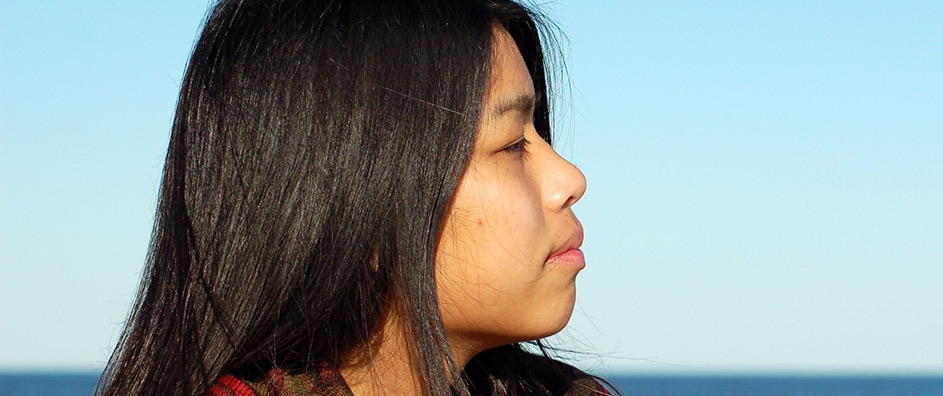

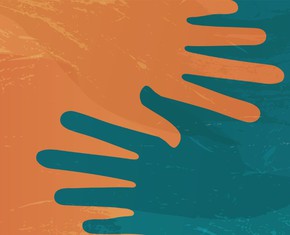
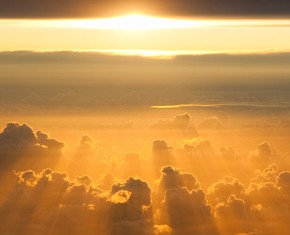
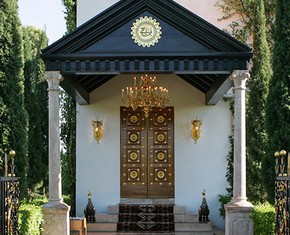
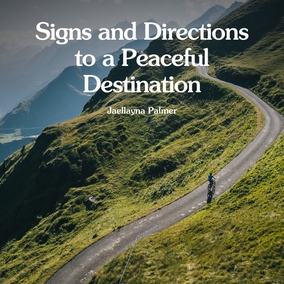
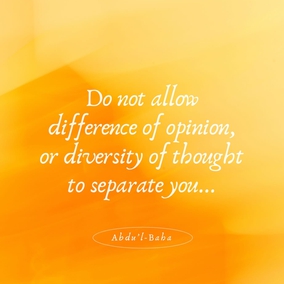
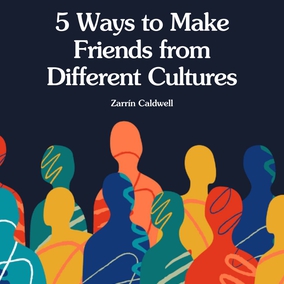
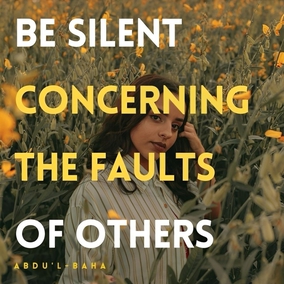





Comments
Sign in or create an account
Continue with Googleor